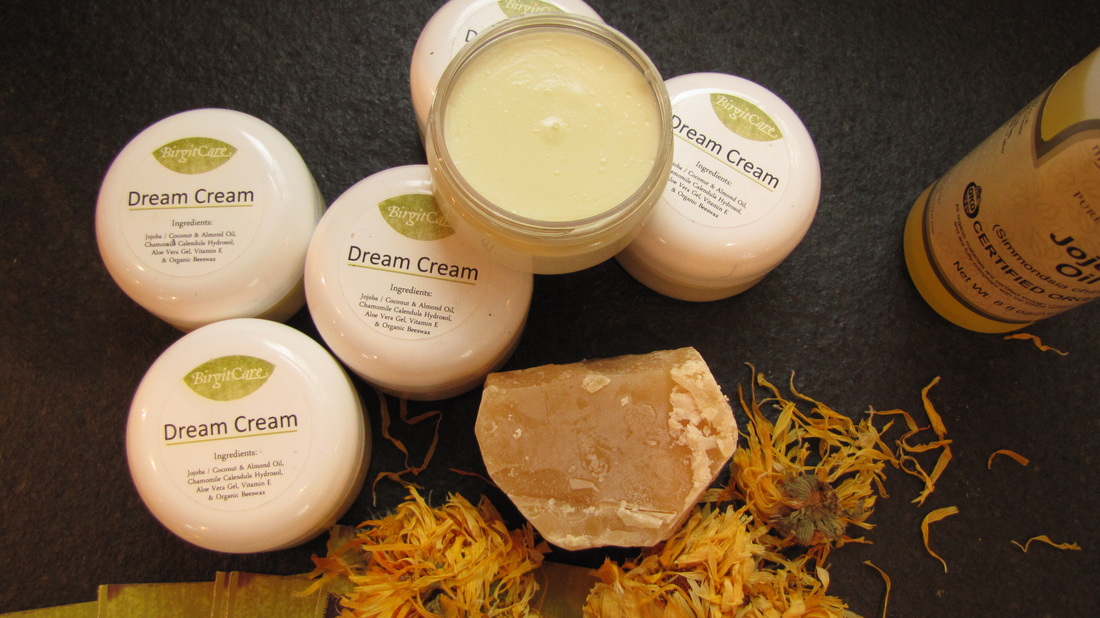Here are some longevity tips from the HUNZAS, OKINAWAS and VILCABAMBANS
he Hunzas live at the northern tips of Pakistan, at the Himalayan Mountains. The Hunzas are famous for their high rate of centenarians, people who live up to 100 to 110 years old.
Dr. White studied the health of 20 100 year old Hunzas, and could not find anything wrong with them, not even their eyesight decreased by age.. Compared to our believes aging is not associated with health decline, instead most of the elderly living in Hunza have extra ordinary vitality and energy. Famous mountain climber recall to have Hunza people as old as 80 years, carrying their heavy photographic equipment up the mountains, without a trace of exhaustion.
Here is what the Hunzas eat: 80% of their diet is eaten uncooked. When vegetables are cooked, they are typically lightly steamed, using minimal amount of water. Once cooked the water is always consumed with the vegetables. Fresh corn for example is never cooked! They soak lentils, beans, and peas in water for several days. Then they place them into the sun to dry. They eat their beans when they begin to sprout. They grow apricots, peaches, pears, apples, plums, grapes, cherries, mulberries, figs, and many types of apricots. Their favorite food is the apricot. In the summer you can see their roofs of their houses covered with apricots for drying in the sun. Hunza people are famous for eating lots of apricot kernel seeds which evidently have powerful anti-cancer properties (especially vitamin B17). Hunzas eat rarely meat and only in community celebrations.
Okinawa is made up of 161 beautiful islands is sometimes called “Japan’s Hawaii”. Okinawa has been studied thoroughly because of its high life expectancy. Okinawa today accounts for 15% of the world’s documented super centenarians (110 years of age). The word “retirement” does not exist in the traditional Okinawan dialect. Researches confirmed that the elderly had no trace of heart disease, cancer, osteoporosis, Alzheimer’s, arthritis or diabetes.
Here is the Okinawa diet: They eat a diet high in vegetables, nothing processed or packaged. Protein comes from soy most likely fermented soy (miso, tempeh), grains and fish. Seaweed is also a staple food at their diet. The emphasis is on dark green vegetables which are rich in calcium, and they don’t eat any dairy and seldom eat meat.
Vilcabamba is a small village in Southern Ecuador located in an elevated Valley. The Vilcabamba Valley is extremely inaccessible and has therefore been protected from many modern influences just like the Hunza Valley. Vilcabamba people are famous for their longevity, happiness and vitality. These people don’t have the word “old” in their dialect instead they use the word “LONG-LIVED”.
Here is the Vilcabamba diet: They eat lots of whole grains, vegetables, fruits, seeds, beans and nuts. Once in a while goat milk and eggs are consumed but very rare. Their diet is very low in calories, and protein comes mostly from grains, vegetables and beans. Carbohydrates come from quinoa, wheat, barley, potatoes, yucca and sweet potatoes. Fat comes from avocados, seeds and nuts. They never have dessert instead they eat sweet fruits like mangos, bananas, papayas, figs and pineapples.
But besides their eating habits all three cultures have few other similar lifestyles regardless of their natural habitat.
· They laugh a lot and only see the bright side of life
· They are very social sometimes they hike for hours over the mountains to meet their best friend
· They are naturally active, for example long walks through the mountains to get to their work place. (they
don’t engage in excessive exercising, instead they engage in regular daily low-intensity physical activities)
· They stop eating before they feel full.
· They never eat processed or packaged food.
· They have a very strong believe in the PURPOSE OF NOW -
· They take time to quiet their mind via meditations or nature walks. One 107 year old Okinawa said “Life is short. Don’t run so fast you miss it!”
· They are very spiritual orientated.
· They all have a sense of belonging. The young people love being around elderly since aging is seen as something to strive for.
If you are interested to learn more about these cultures I recommend the book “Healthy at 100”, by John Robbins, or the book “The Blue Zone”, from Dan Buettner.
Buddha quote: “A man is only old when regrets take the place of his dreams.
Birgit your Herbalist

 RSS Feed
RSS Feed
